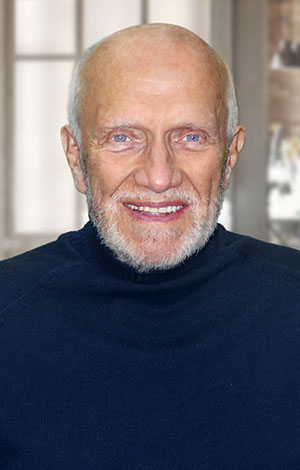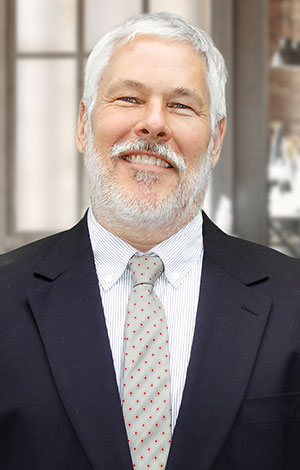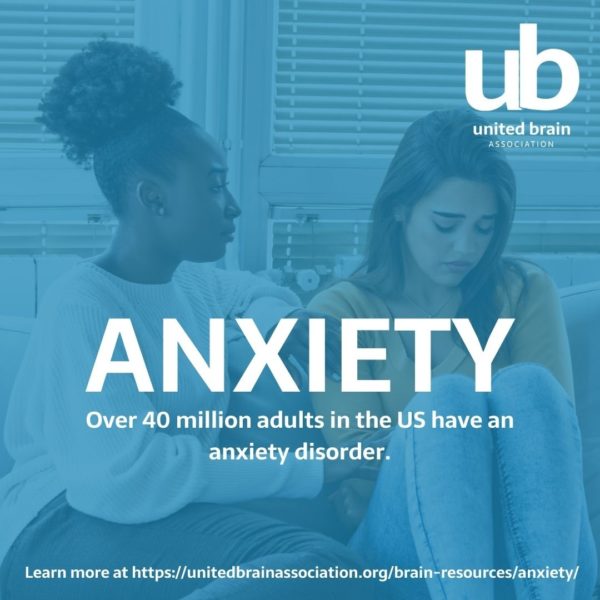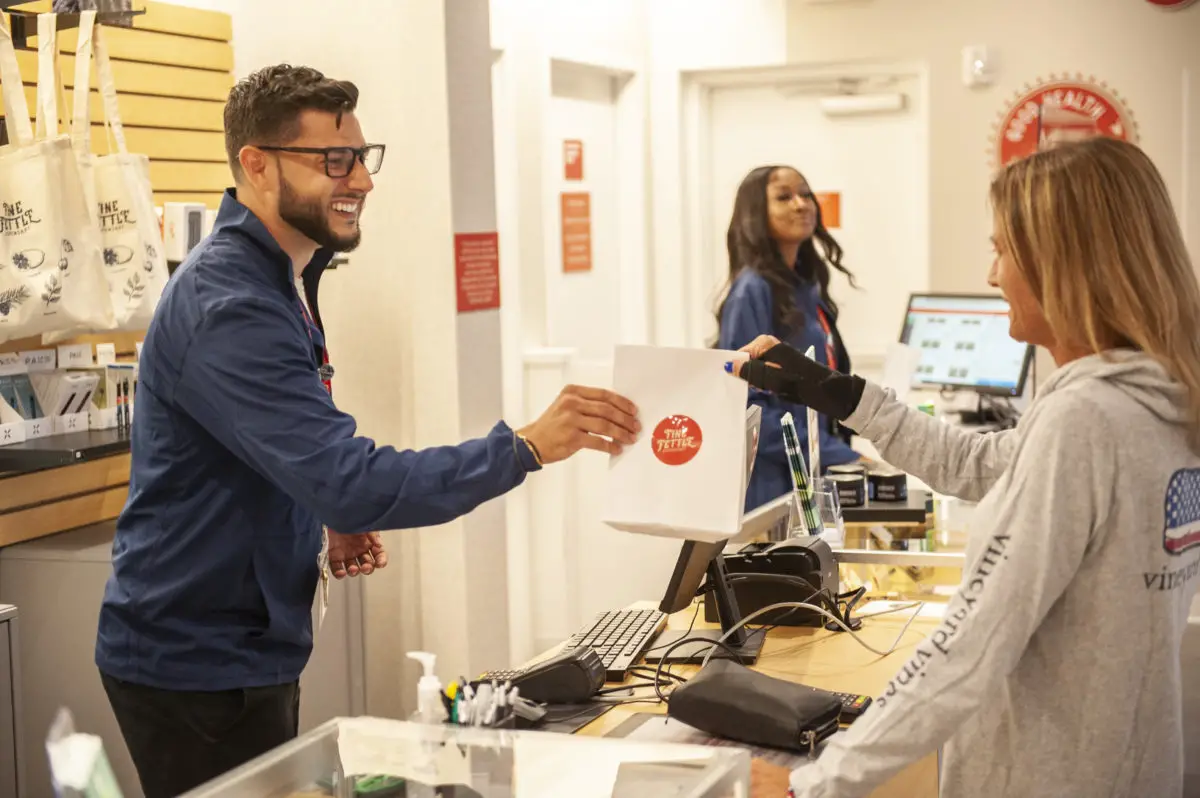
The nonprofit organization United Brain Association (UBA) raises awareness and funds research into diagnoses and treatments of brain and mental health disorders such as anorexia and Angelman syndrome, as well as empowering those affected by providing information resources on various disorders and issues known to science.
Incorporated in 2018, UBA operates out of Vails Gate in Orange County and was founded by John A. Boulton, who serves as the organization”™s president and CEO. Boulton”™s background was in electrical engineering, and prior to retirement he had been involved in the radio and audio industry as an entrepreneur and businessman selling high-end sound systems. Since retiring, “he spent a lot of his time looking into ways to make the world a better place on a small scale that he could afford to finance,” explained UBA Vice President and Executive Director Jay Matey.
Like Boulton, Matey had a background in electrical engineering, having worked in an electrical and mechanical engineering firm and served as senior project manager for construction companies. In college, he minored in biology, intending to go into neuroscience.
“I kind of have a working knowledge of how the brain works anyway, and so this happened to be something really appealing as I kind of worked my way into retirement,” Matey said, adding “this is an interesting application of electrical engineering to current science associated with the brain.”

The two shared a vision that involved looking into brain and mental health issues, and they set out to form an organization that would provide comfort and optimism to individuals afflicted by brain and mental health issues, and fund research.
“We keep a finger on the pulse of research throughout the industry that are related to brain and mental health issues,” Matey said.
Some of UBA”™s notable contributions has been its funding of research projects at Johns Hopkins Medical Institute relating to depression, Parkinson”™s disease, anorexia and bulimia; Yale University relating to post-traumatic stress disorder; and New York University ”” Langone relating to alcoholism.
Much of the research funds comes from annual philanthropic contributions courtesy of Boulton himself. Crowd-sourced donations are collected through UBA”™s website and generate $1,000 to $1,500 per month. Community outreach efforts like fundraising events provide another source of revenue, though this avenue is somewhat new to the organization.
“When the pandemic was in the swing of things in 2020,” Matey said, “a lot of the community outreach that we have tried to do and had scheduled to do with 2020 got canned.”
UBA has since revved up its outreach efforts this year and is making preparations for a virtual walkathon later this fall. It has hosted events in Newburgh Brewing Co. in March, and at the Oak & Reed in Middletown last month, generating more than $2,500.
UBA provides education and information through its online database or “brain resources.” Presently, the website”™s database sports a little over 300 entries, each covering one of more than 600 known brain and mental disorders, and each touching upon salient issues and progress made in research.
 The database updates every month with about 10 to 12 new entries. UBA”™s long-term objective being to catalog all 600-plus known disorders.
The database updates every month with about 10 to 12 new entries. UBA”™s long-term objective being to catalog all 600-plus known disorders.
“We”™re the only entity that approaches them all with equanimity ”” they”™re all important,” Matey said.
The brain resources are complemented by “brain stories” with the intention of further empowering the afflicted. UBA compiles and curates the personal experiences of individuals directly affected by brain and mental health issues, and currently boasts 17 brain stories on its website and seven in video form on its YouTube channel. In this manner, the nonprofit offers a safe, understanding and informative community anchored by stories revolving around adaptation or successful treatment.
The first brain story featured was that of Matey”™s brother-in-law, Bill Baker, a veteran of the Vietnam War who suffered from PTSD.
“It took about eight months to get the story out of him,” Matey said. “We have received a lot of very positive comments about his brain story, of people that really never thought to go out and seek help. Some people said that it”™s ”˜just something we don”™t talk about,”™ and Bill was able to talk about it, and that really led people to follow their own diagnoses and their own treatments.”





















